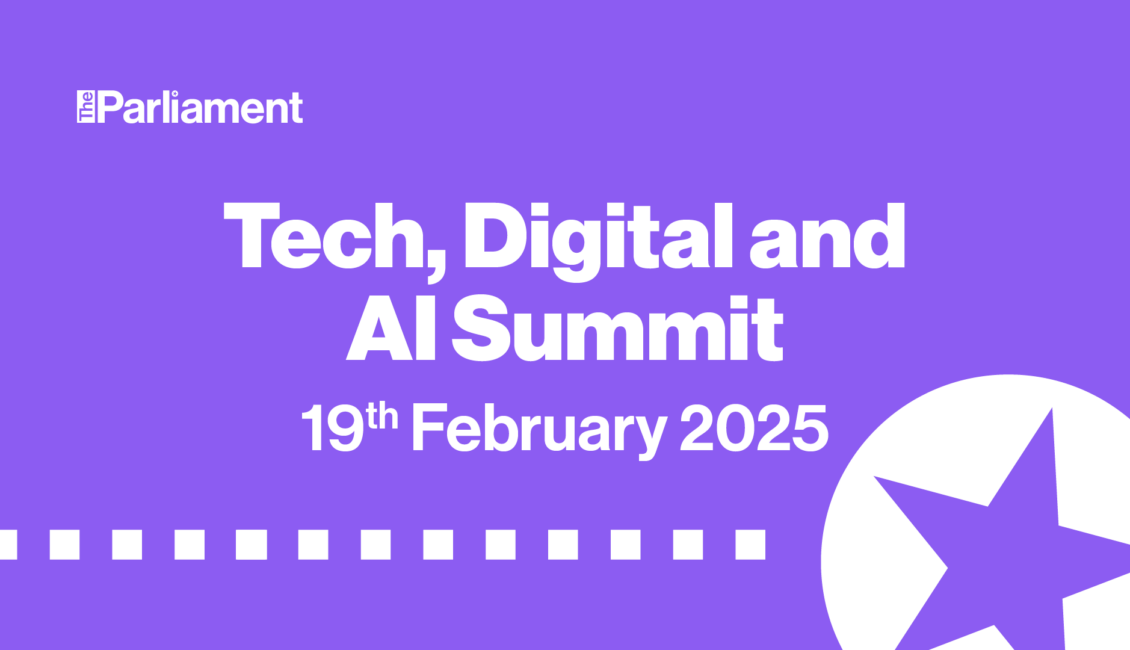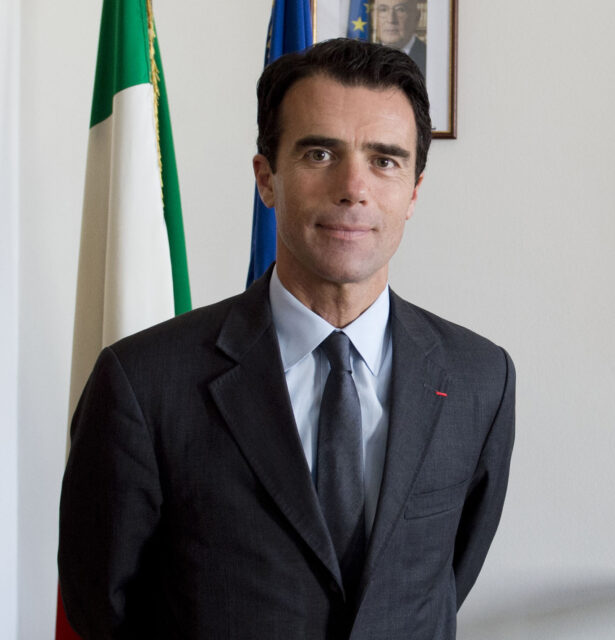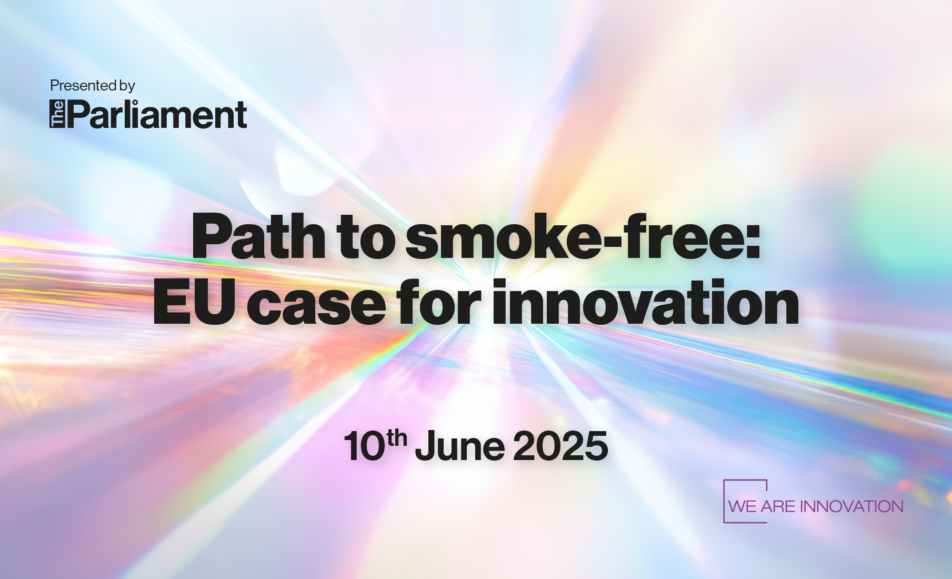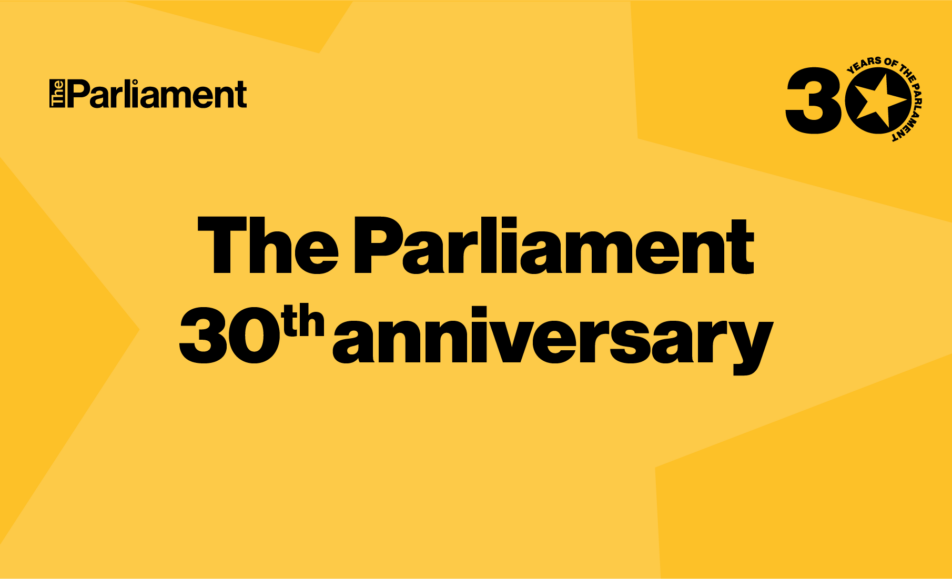
With the beginning of the new mandate of the European Parliament and the appointment of the European Commission, there are plenty of possibilities and challenges in the digital sector that need to be addressed.
Our conversations will be focused on feasible approaches, from promoting digital transformation and artificial intelligence to protecting data privacy and cybersecurity.
Can Europe handle these technological breakthroughs while preserving strategic autonomy, increasing competitiveness, and protecting citizens’ rights in the digital era?
#PMtech




















































